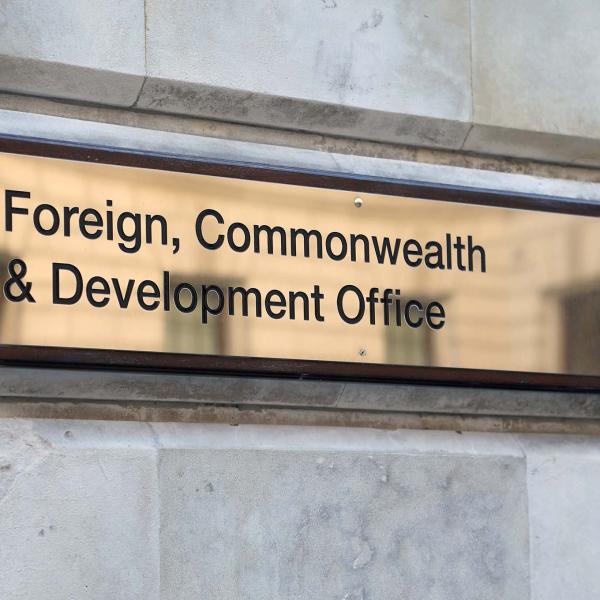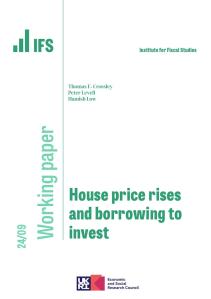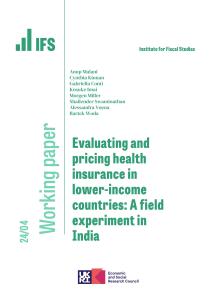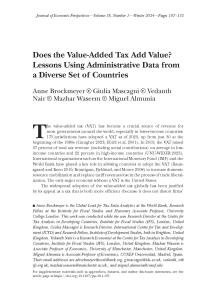Efforts to promote financial inclusion have largely focused on microcredit and microsaving separately, and less so on promoting financial intermediation across poor borrowers and savers. Village Savings and Loan Associations (VSLAs) and other Self-Help Groups have features of both a borrowing and a commitment savings technology, potentially enabling savers and borrowers to meet each other's needs. Intermediation may however be impeded by limited liability and imperfect information. To investigate this, we use a large-scale survey of mature VSLA groups in rural Malawi to analyse how members sort across groups. Wefindthat present-biased members tend to group with time-consistent members, suggesting that the former may be gaining a commitment savings technology by lending to the latter. In contrast, members of the same occupation sort into groups together, suggesting unrealised intermediation possibilities between farming and non-farming households. This has implications for the design of such groups.










